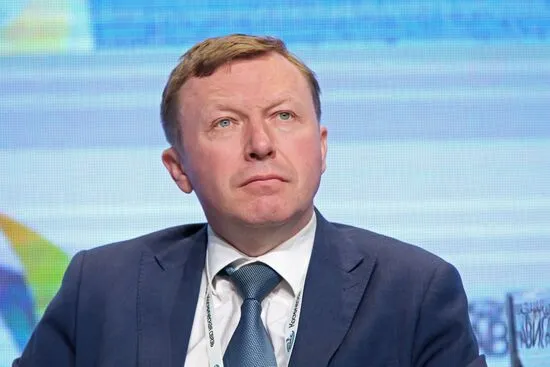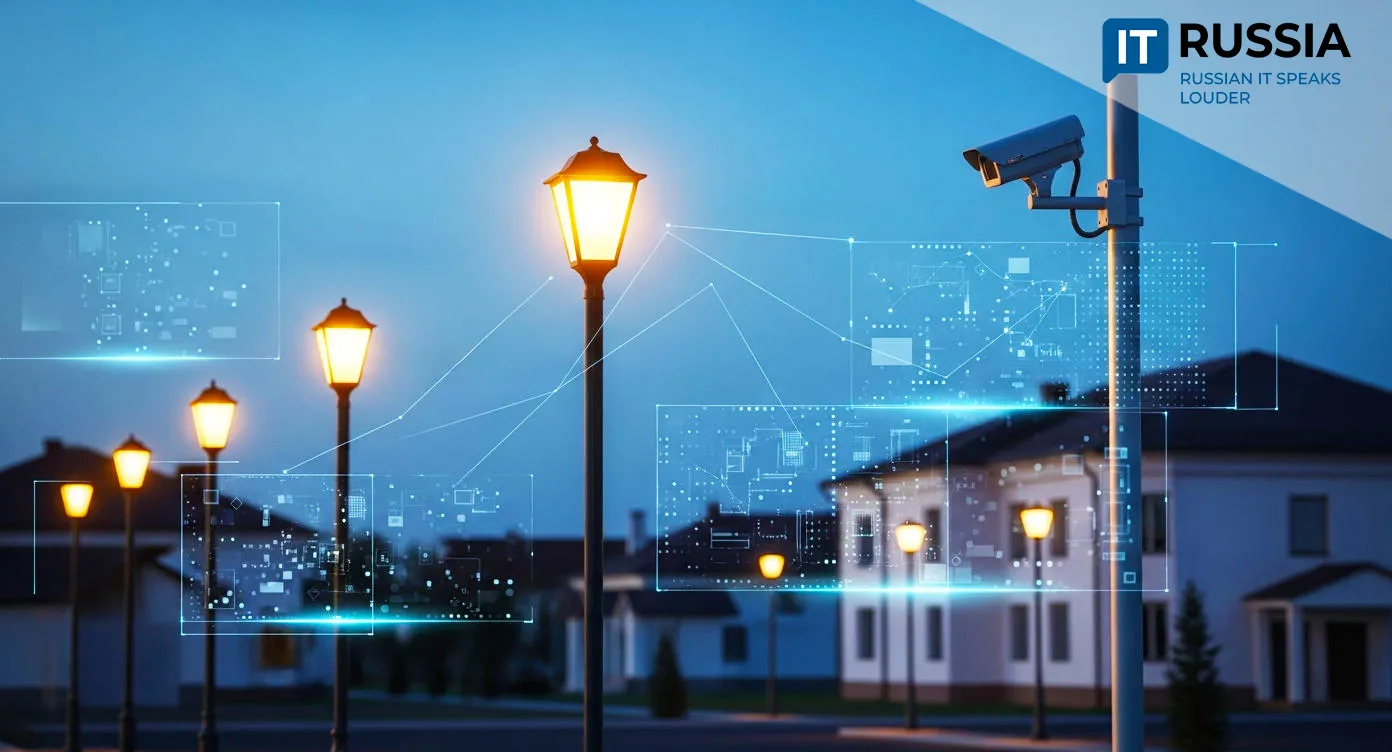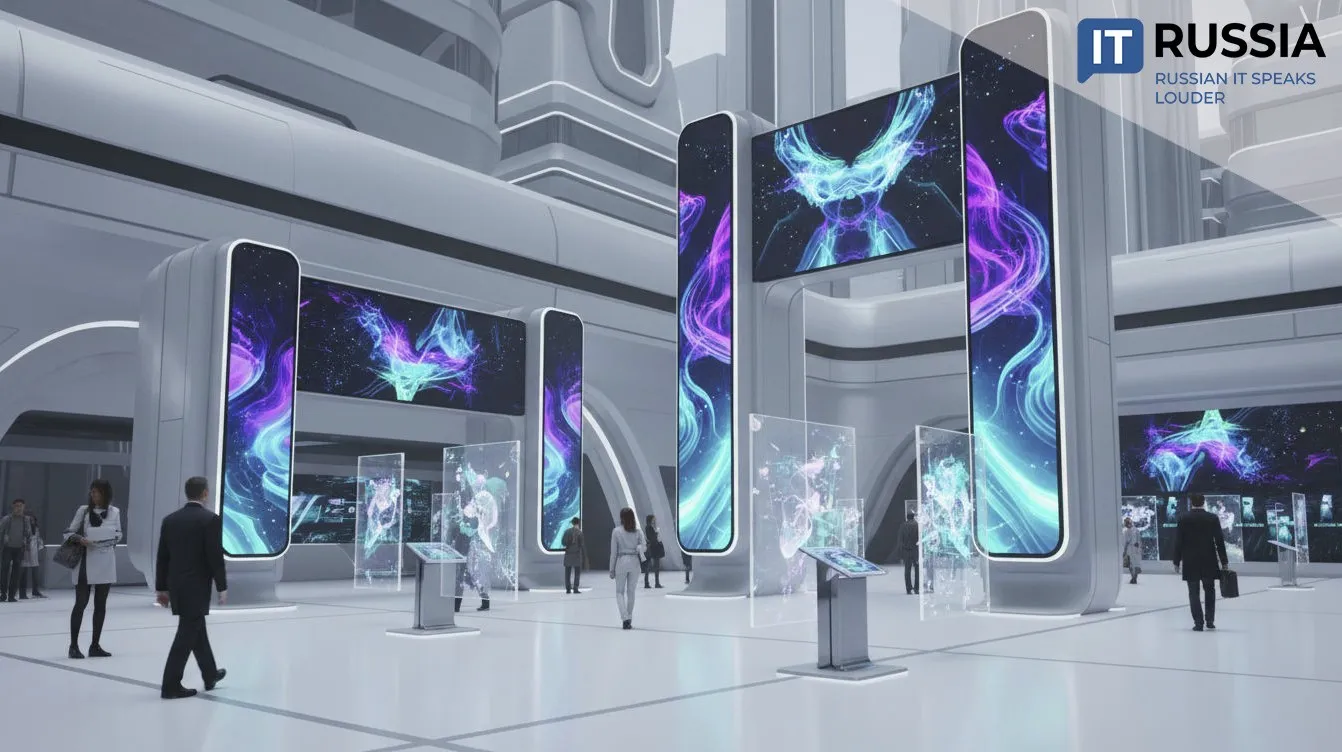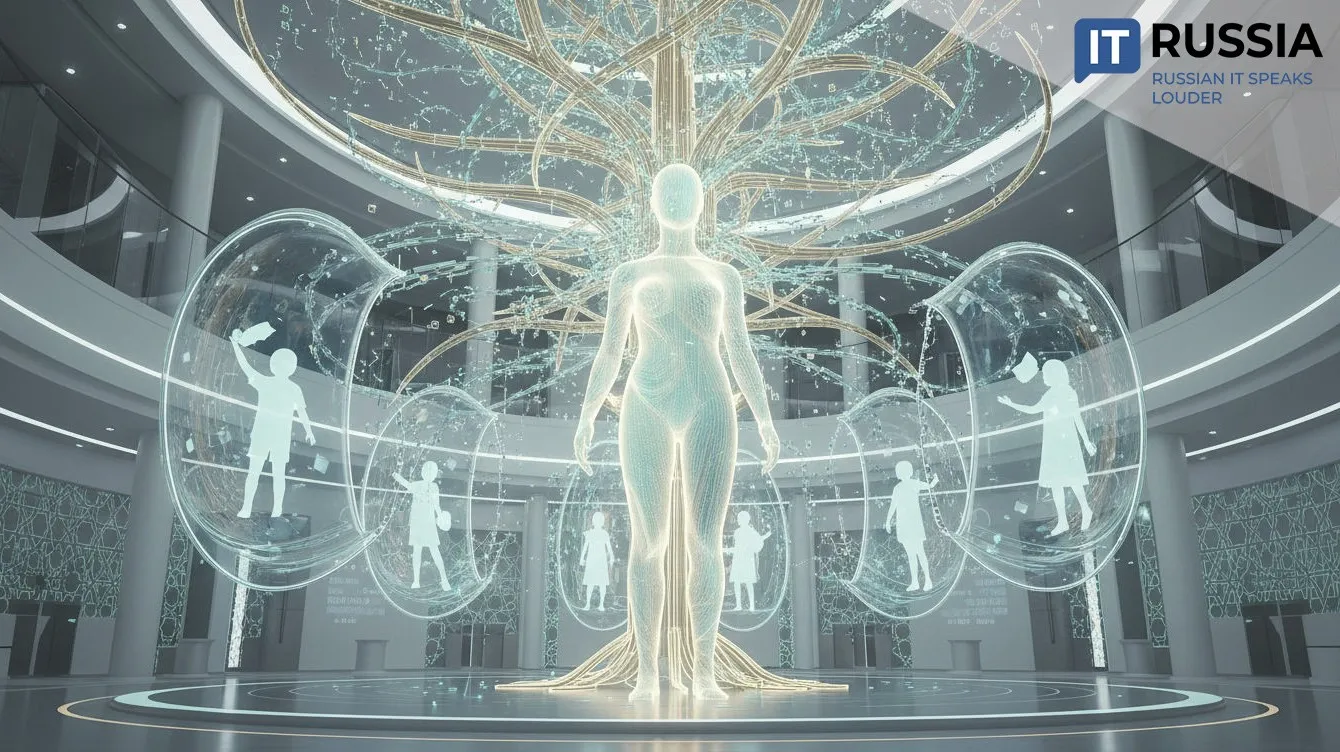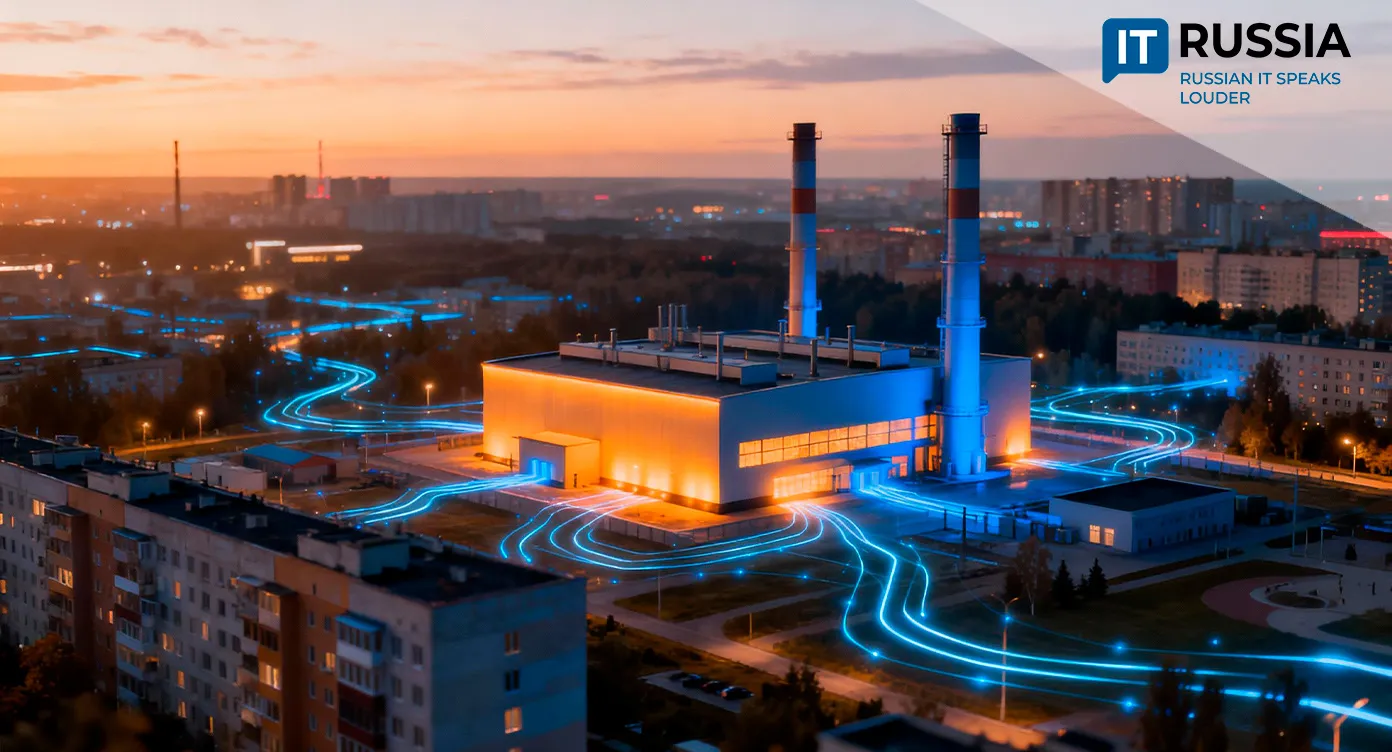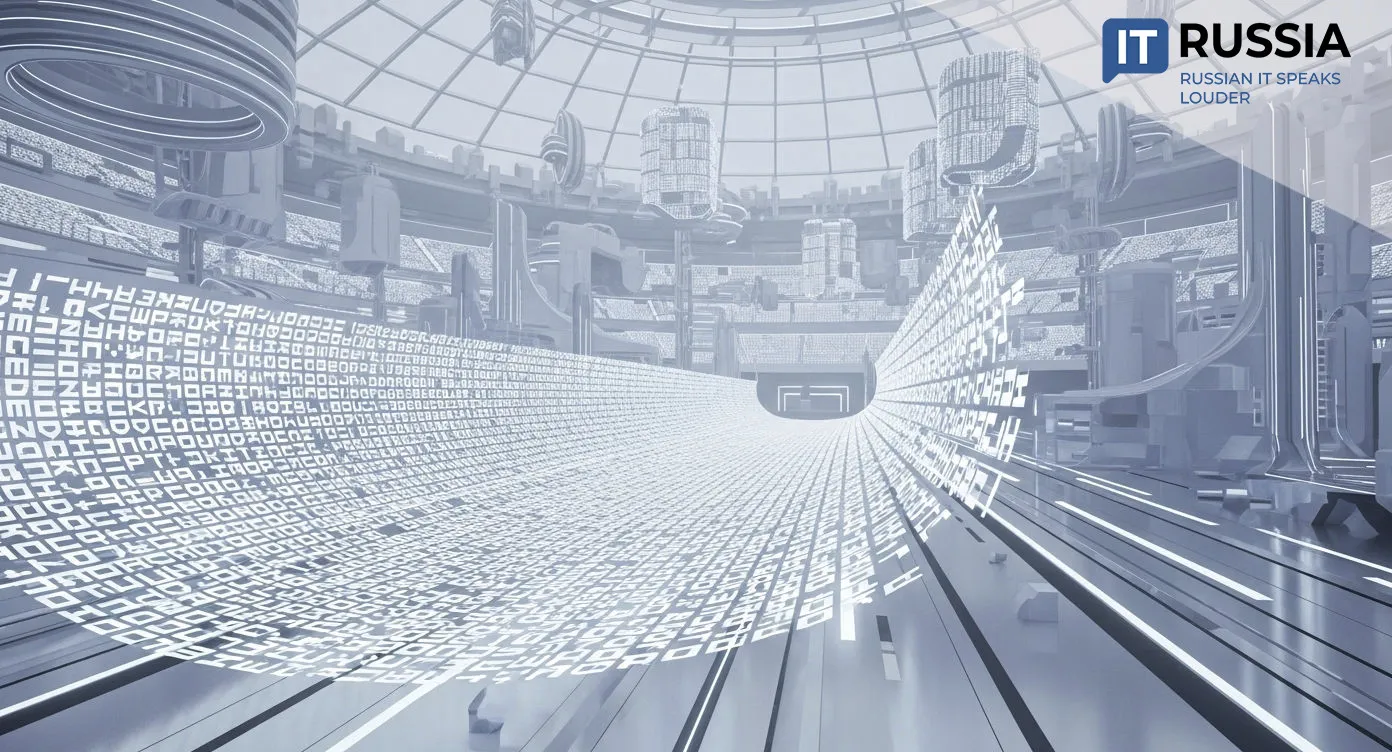Quantum Network Connects Russian Data Centers in Push for Secure Communications

Russia’s state-owned telecom giant Rostelecom has built a quantum communication network linking major data centers, paving the way for ultra-secure transmission services and a domestic market for post-quantum cryptography
Rostelecom Targets Government, Critical Infrastructure with Quantum VPN
Rostelecom has officially launched its quantum key distribution (QKD) network that links Russia’s largest data centers, with support from Russian Railways (RZD), which is also developing a 7,000-kilometer quantum backbone across the country. The project is now in the testing phase to validate service models, according to Rostelecom project director Sergey Khanenkov.
In the next two to three years, Rostelecom aims to roll out services such as 'Key as a Service'—on-demand generation and delivery of QKD-encrypted keys—and a 'Quantum GOST VPN' that integrates post-quantum cryptographic protection with QKD for maximum data security.

Rostelecom’s primary focus is on the Quantum GOST VPN solution, which is supported by newly certified equipment. Key customers include government agencies, banks, state corporations, and any entity managing sensitive personal data or critical infrastructure systems.
Cost Pressures and Regulatory Adjustments
One of the main hurdles to widespread adoption is the high cost of QKD hardware. Although certified at the same security tier as classical cryptographic systems, QKD devices are considerably more expensive. Rostelecom is working with regulators to adjust industry rules that would encourage broader deployment.
“High pricing is definitely a barrier,” Khanenkov noted. “But as with any emerging technology, costs will fall with scale. We’re looking at solutions such as localized production and compatibility with dense wavelength division multiplexing (DWDM) infrastructure to lower expenses.”
Building Standards and Infrastructure
Standardization efforts are underway. Last year, Rostelecom and ecosystem partners developed a national roadmap with over 60 milestones through 2030, which was approved by Rosstandart, the national standards body.

The roadmap includes state-backed incentives to cut deployment costs. Russia’s quantum effort began back in 2014 with a one-kilometer test network at ITMO University. It has since scaled up rapidly, with RZD completing a 700 km Moscow–St. Petersburg link in 2021, and growing to a 7,000 km backbone by the end of 2024 connecting cities including Kazan, Sochi, and Yekaterinburg.
Toward Quantum Sovereignty
In 2023, Russia approved a national strategy for quantum development through 2030, emphasizing domestic equipment production and service expansion. While the current focus is on internal applications, successful rollout could later position Russia as an international provider of secure QKD expertise and solutions.

Despite external pressure, Russia’s quantum communication sector is progressing, reinforcing its digital sovereignty and preparing for future advances in secure telecom systems.


